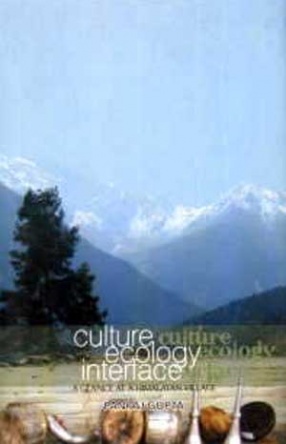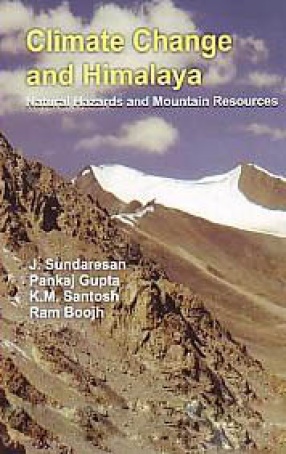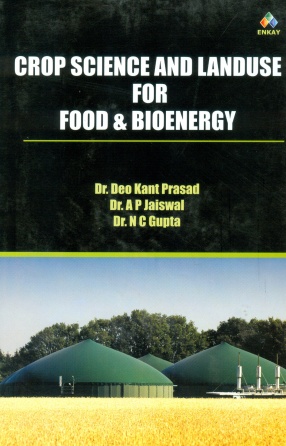India is popularly known as a land of villages. A village is not a simple entity but a composite whole, which stands as an evidence of the history as to how India has been able to safeguard her traditional knowledge. The fabric of Indian society has been decorated with beautiful and variety of designs embroidered with strong threads of culture and ecology. India, being a region of ecological prudence has always exhibited a symbiotic relationship between environment and culture and this explicates that the two are complementary in various stages of evolution. Traditional village societies have co-evolved with their environment, modifying nature but actively conserving it in a diverse and productive state based on their traditional wisdom. However, these traditional village societies have no longer remain resistant to the changes linked with over-exploitation of natural resources and modernization occurring in the world. Village people who have managed to keep alive the pristine knowledge by transferring the concept of conservation to their next generation are now gazing at the tinkling beauty of modernization and aspiring to attain it. This is slowly and steadily replacing the conventional concept of development…. This book glances at the development process and its impact on culture and ecology in a Himalayan village.
Climate Change and Himalaya: Natural Hazards and Mountain Resources
Glaciers and snow cover of ...
$136.80
$152.00








There are no reviews yet.